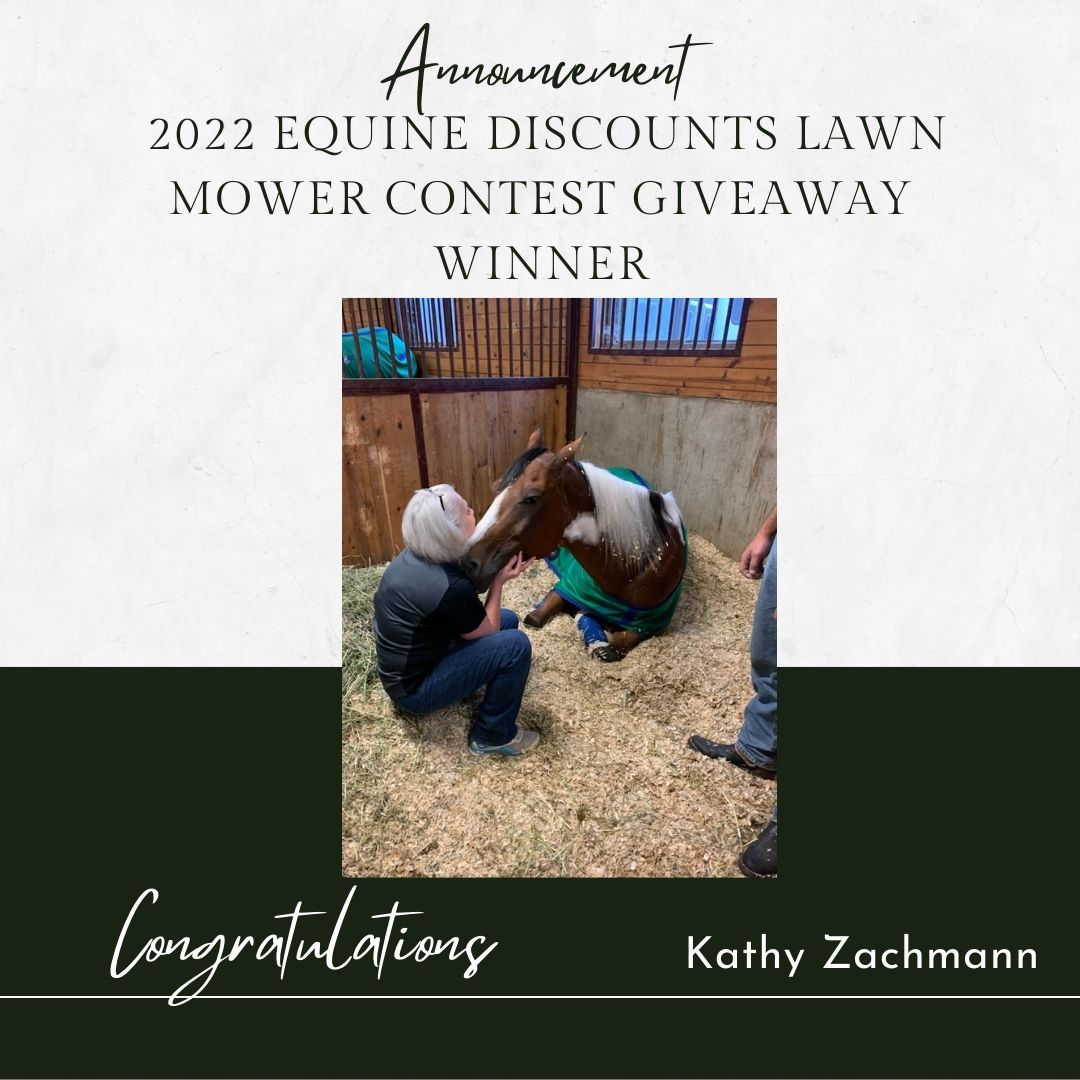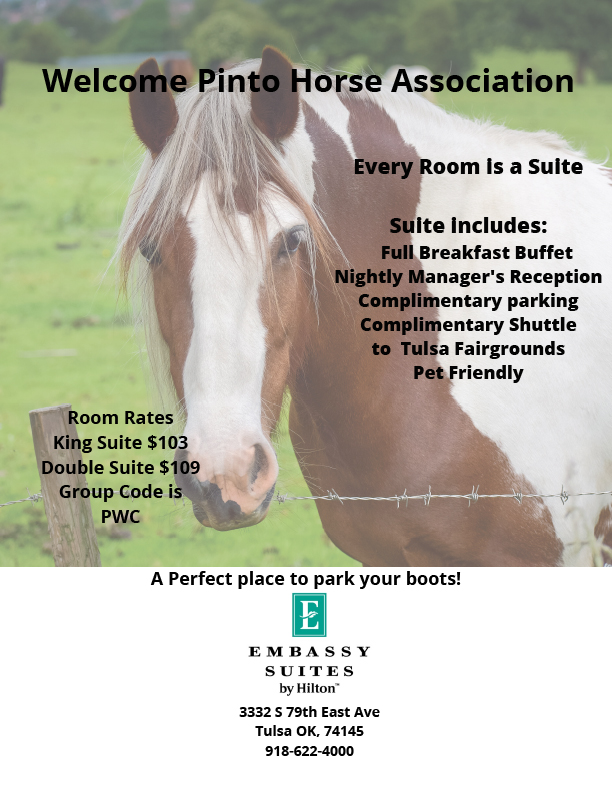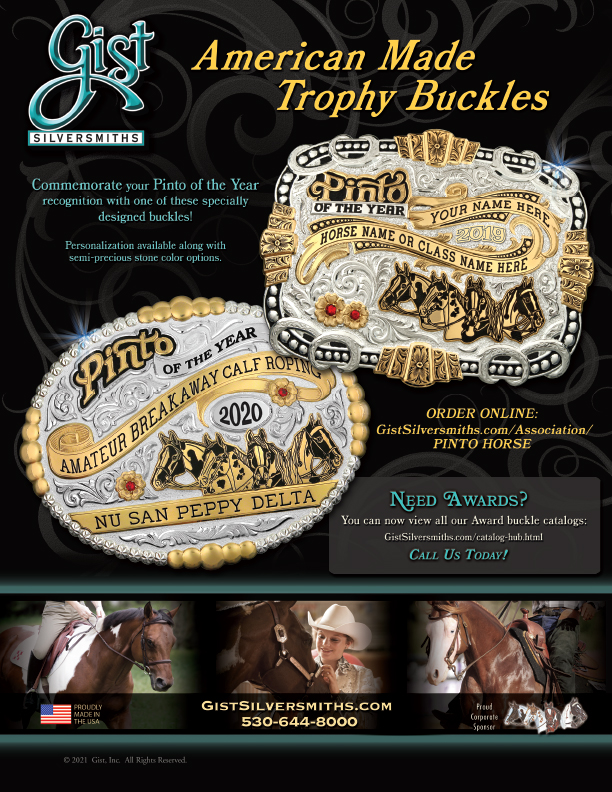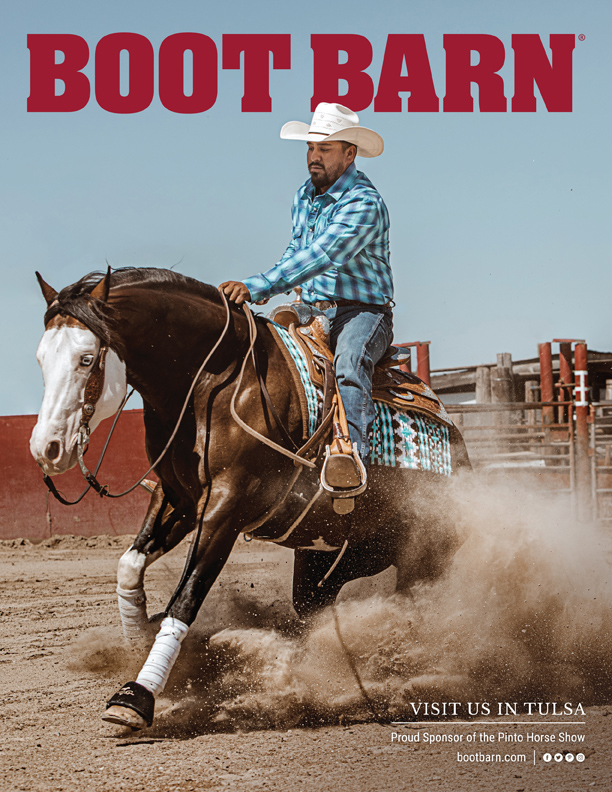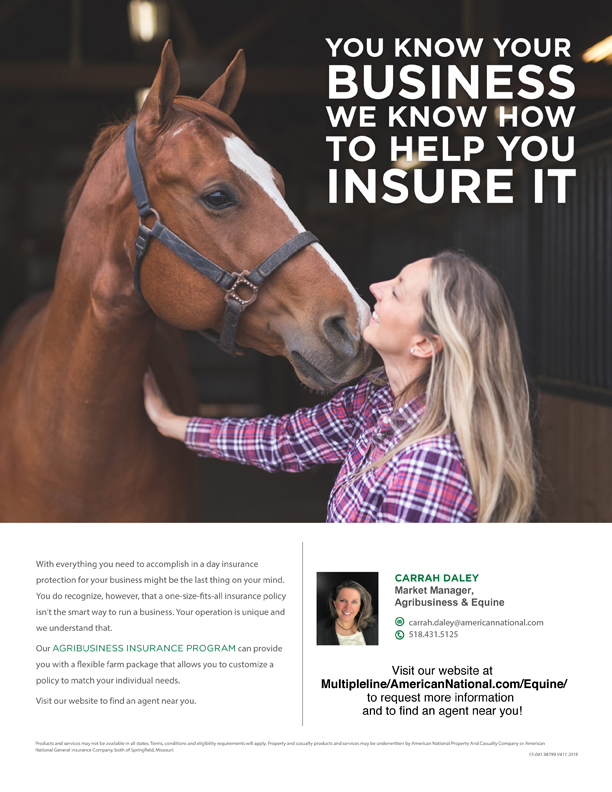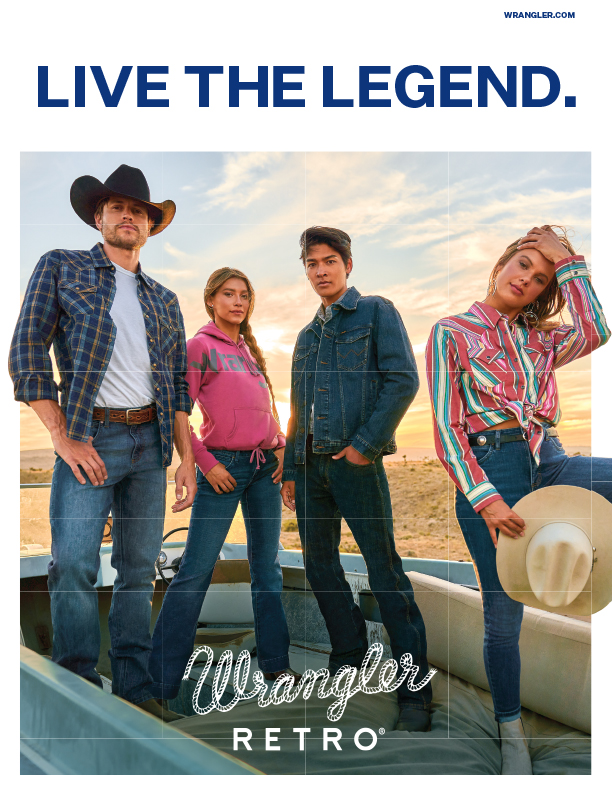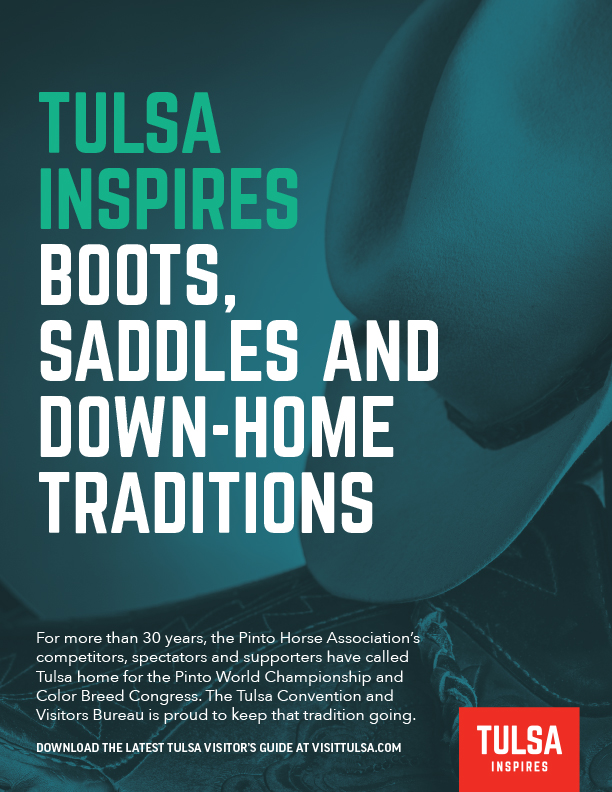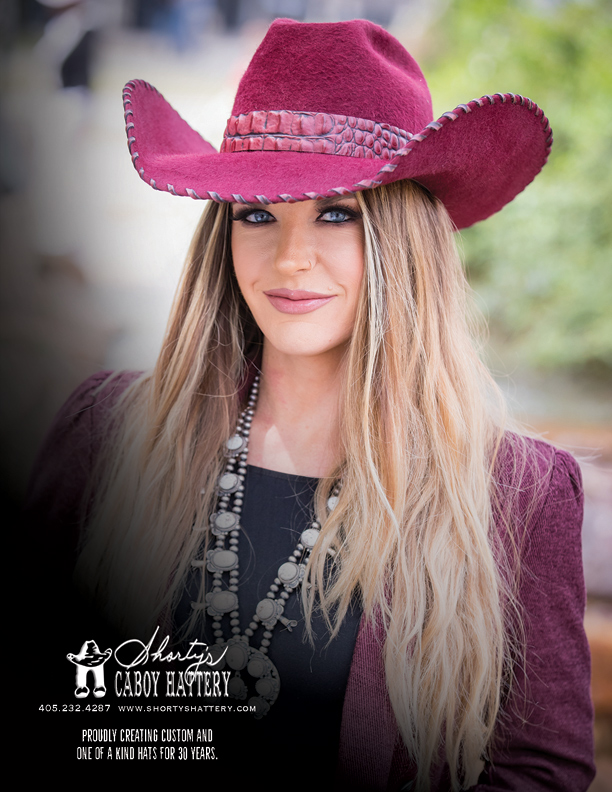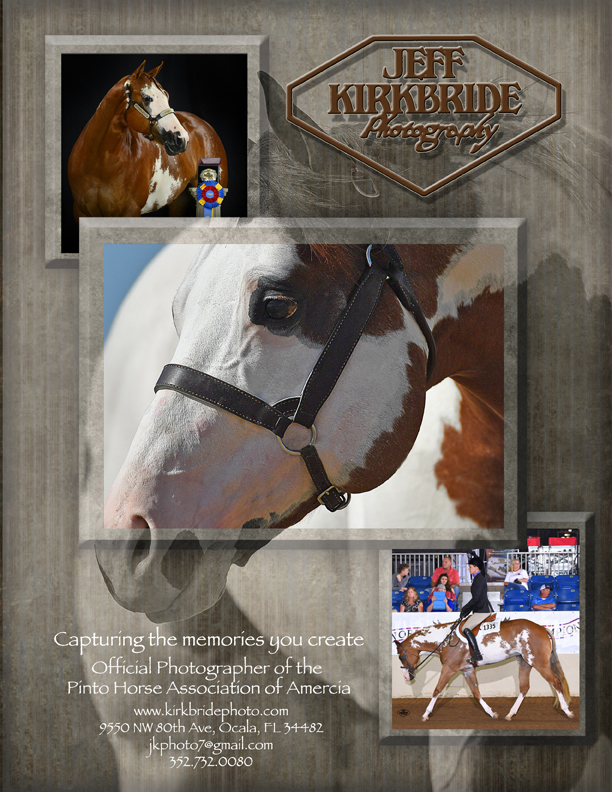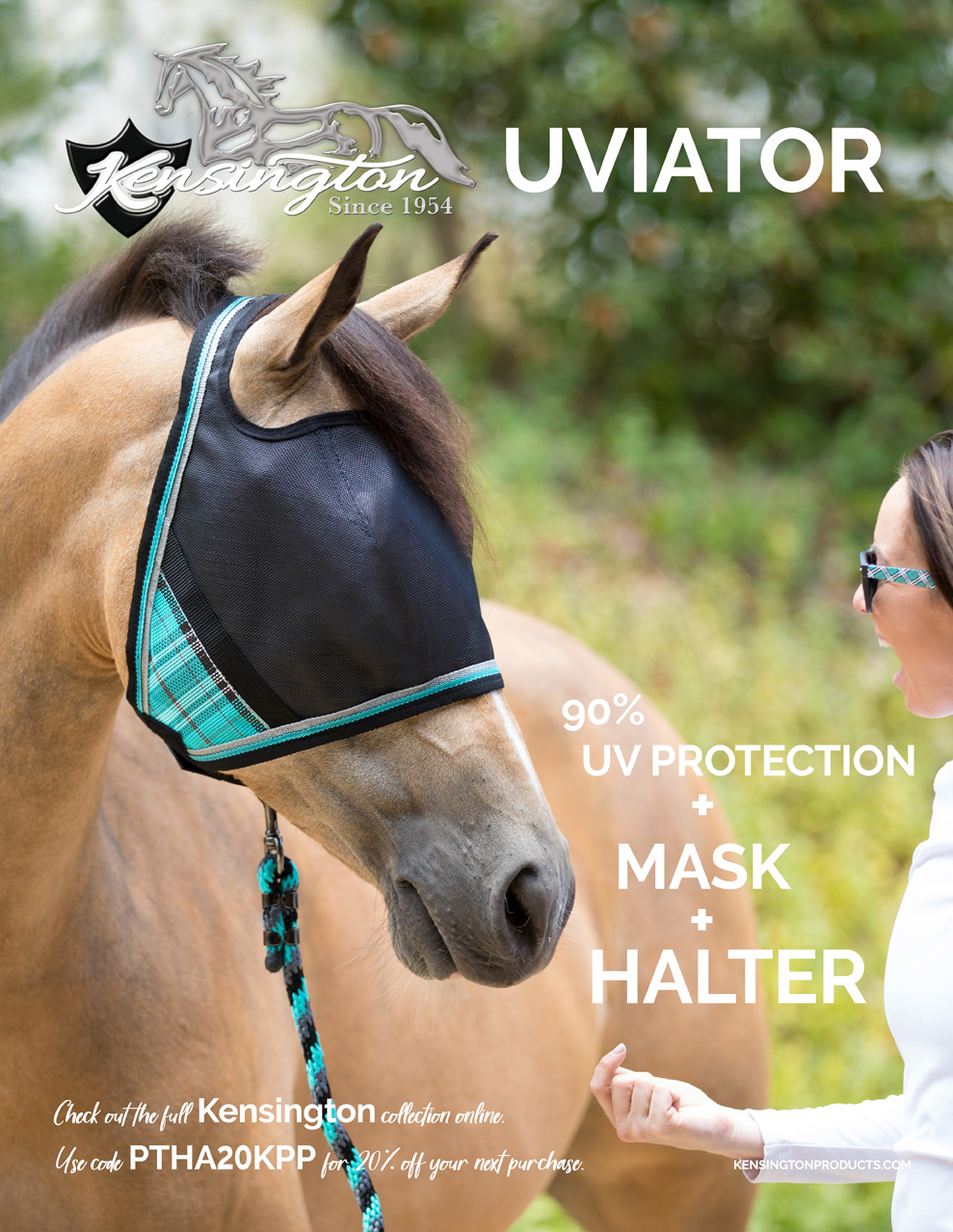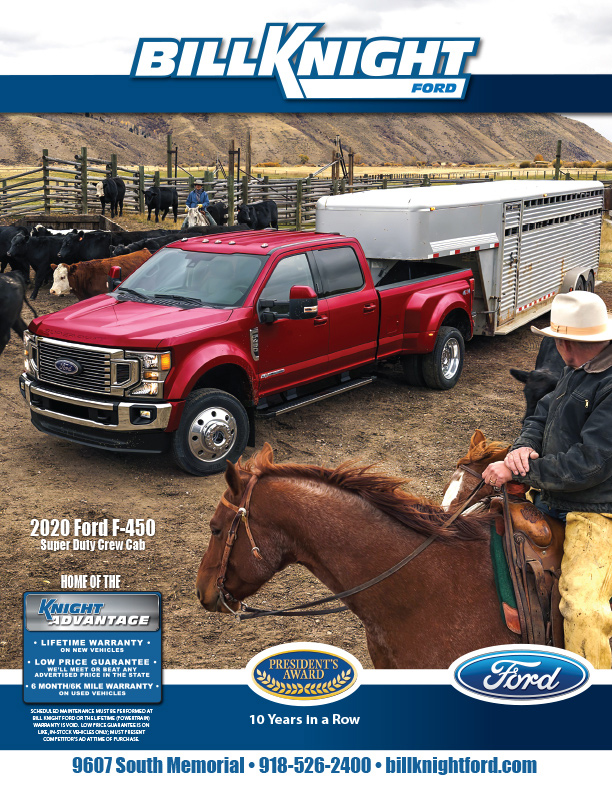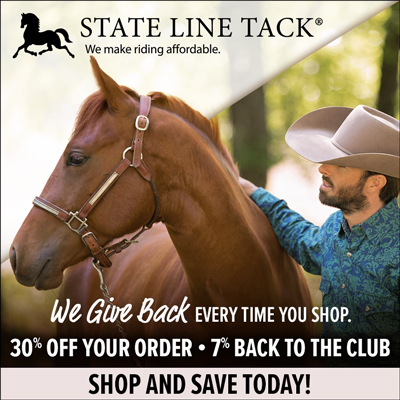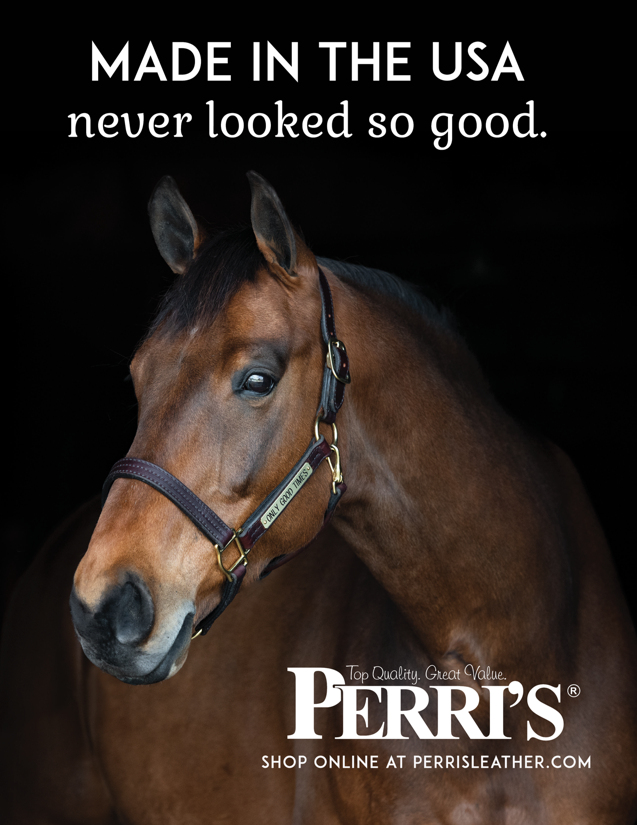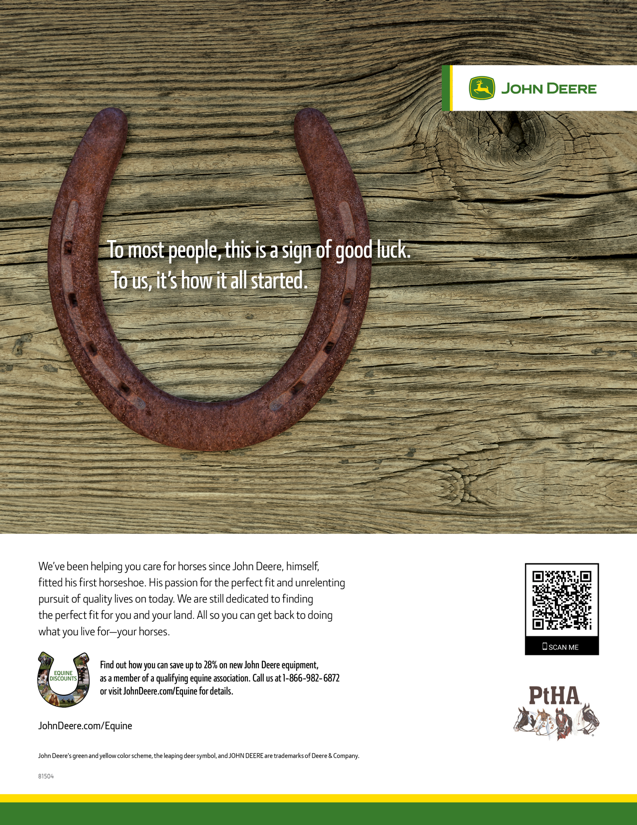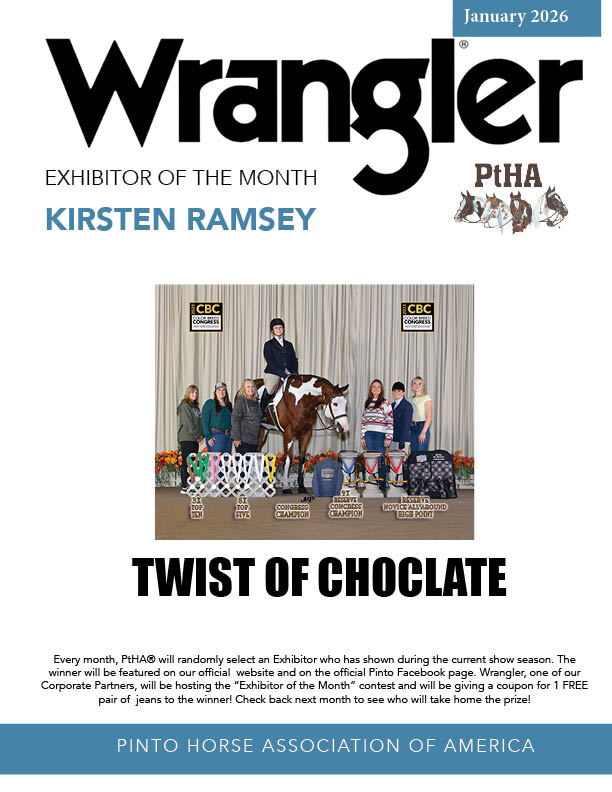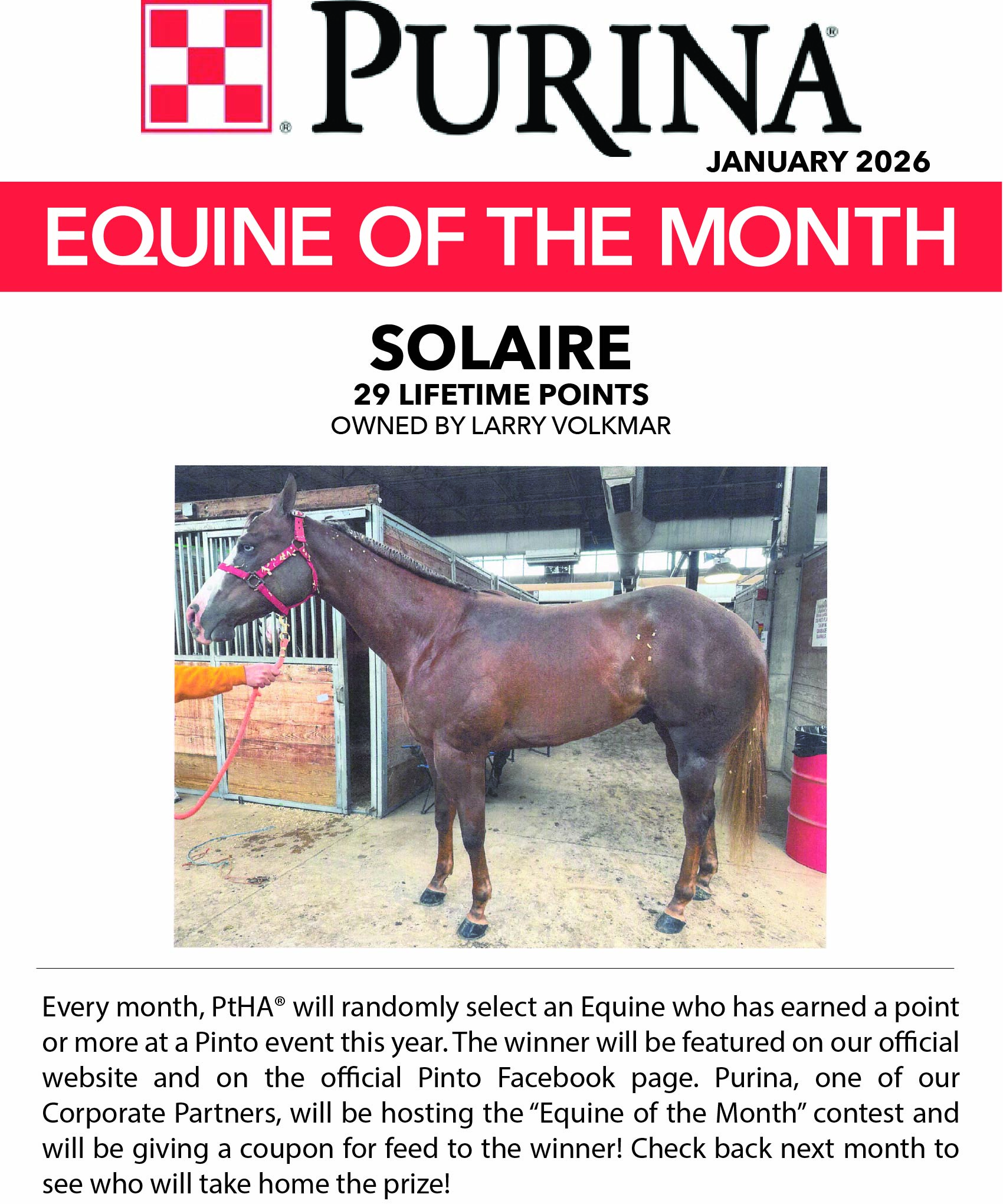
The Ranching Way of Life
Read More
Read Less
It’s no secret, ranch classes are continuing to grow in interest by exhibitors in the horse show world. The number of exhibitors in the ranch classes continue to increase at the Pinto World Championship and the Color Breed Congress.
A seven-time P...
The Ranching Way of Life
A seven-time P...
It’s no secret, ranch classes are continuing to grow in interest by exhibitors in the horse show world. The number of exhibitors in the ranch classes continue to increase at the Pinto World Championship and the Color Breed Congress.
A seven-time PtHA World Champion Ranch Horse trainer and exhibitor, Christopher Dennis, has had a lot of success over recent years and continues to build his training program.
“I grew up showing Appaloosa horses, my family bred and raised Appaloosas,” said Christopher Dennis, owner of Dennis Ranch Performance Horses and 2023 PtHA Hall of Fame Professional Horsemen inductee. “Me and my sister showed as youth riders and then once I was out of the youth division I moved over to rodeo and team roping.”
In 2019 Dennis became a member of PtHA and started getting more involved in the show horse world, specifically in the ranch classes.
“We started getting involved when Appaloosas were welcomed into the solid division at PtHA,” Dennis said. He competes in all ranch disciplines, but his main three are Ranching Riding, Trail and Rail, Dennis said. “In preparing for Ranch Riding and Rail, I focus on letting my horse relax and stay forward with their movement,” Dennis said. “I try to avoid lessening or shortening their stride as this can create higher lifts in shoulders or knees and cause more suspensions.”
When getting ready for a Trail class, it is okay to ask your horse for shorter segments and strides between obstacles and throughout the pattern, Dennis explained.
When it comes to the Rail classes, exhibitors can have a lot of fun competing as there can be less pressure without a patterned course, Dennis stated. “The crowd gets really into it, especially at the extended gates,” Dennis said. “In general, the mindset doesn’t change a lot between classes or patterns; you want to ride the pattern penalty free as possible,” Dennis said.
For his clients that are beginner riders, they start by learning the fundamentals, Dennis said.
“We can work on the walk and trot for a few months before moving forward,” Dennis said. “You need control at the jog and want each gate solid before progressing.” Ranch classes continue to grow in size and popularity at horse shows, Dennis said.
When asked about why he thinks the ranch division is becoming more popular at horse shows Dennis explained, “It’s one of those divisions you can learn the fundamentals and enjoy at any point, regardless of your age.”
Competing in ranch classes does not take as much to get started and get a foot in the door at a reasonable price, Dennis said. Going further on this, he explained, “Adding the walk/trot in ranch classes has given people the opportunity to learn how to show without as much pressure to perform at the extended trot or lope.”
When judging a ranch class, judges are generally looking for a quiet and broke horse that looks easy to ride, Dennis said. “From my experience, the judges are looking at the horses and thinking which one would I pick out to go ride,” Dennis said. “You want a horse who is consistent with a willing attitude throughout the ring.”
Dennis complimented the PtHA ranch showing community by saying, “The group of people competing in ranch classes are great people, especially at pinto shows.”
People can experience mental blocks or barriers during their time showing horses. From his experience, he has seen people get nerves before showing, Dennis said.
“People can get nervous when it’s time to show and your horse can feel you getting nervous and this can be a vicious cycle,” Dennis said. It is important to recognize there is an appropriate amount of time to prepare for a show, Dennis said. “
I have seen people who didn’t prepare enough to show at their best at that point in time,” Dennis said. “Or there are people that have over prepared and this effects their performance, it’s a balance.”
Some shows provide designated schooling times where exhibitors can go into the show arena and work their horse, Dennis said.
This time is important to use and to get your horse used to the show arena, Dennis explained. “I normally work with my horses mostly outside of the show arena,” Dennis said. “Then I take them inside the show arena to let them relax, get comfortable, and make it a happy place for them.”
When looking at ranch horse prospects, the first thing to look for is how the horse moves and their conformation, Dennis said. “I always look first at the conformation of the horse because this can affect their movement,” Dennis said. “The next thing is the horse’s temperament and how well they are acting.”
He has grown to enjoy working with his clients coaching, giving lessons and looks to continue growing his program, Dennis said. “It is rewarding being able to unlock a horse’s potential alongside their rider,” Dennis said.
“I look forward to continuing to grow my program and it fills me up more to watch my clients win over even my own accomplishments,” Dennis said. Horses that can be started and introduced to the show world at a young age have a better opportunity to excel in the industry, Dennis explained. “The earlier the horse can get into a consistent training program, the higher the chances are for a better outcome,” Dennis said.
There are three ages of a horse when it is most critical to work alongside your horse, Dennis said. The first time is when they are born as they are young, more receptive to learning and to human touch, Dennis said.
“The second time is when they are weanlings and have just been separated from their mom,” Dennis said. “They are looking for a leader.” Their two-year-old year is the time to work with the horse under the saddle and to capitalize on these opportunities teaching horses how to learn correctly, Dennis said.
For anyone interested in getting involved in the ranch division, try meeting and learning from someone already in the industry, Dennis suggested.
“Find a quality professional that has emphasis or specialty in what you would like to do and that will get you further over trying to figure it out on your own,” Dennis said. Dennis looked back over his equine career and encouraged people by saying, “Never ever take your time riding or showing your horses for granted.”






